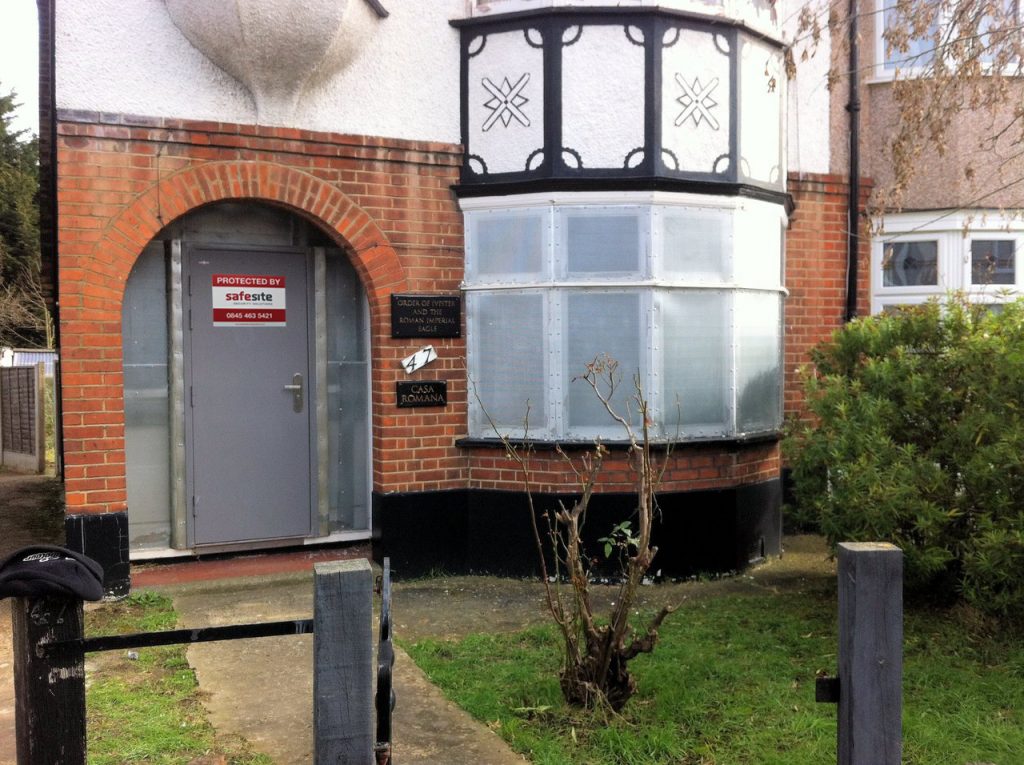
The number of empty properties in England is reported to be on the rise (Telegraph, May 2018) with 205,293 properties – an overall investment of £50bn – sitting vacant.
Whilst many may be temporary vacancies relating to probate, planning and refurbishment, others will be sitting empty purely for investment purposes. But why?
A positive proposition?
Investing in empty property has potential to be a good proposition when:
● Purchase is achieved at under the market value – cash buyers particularly have the negotiating power to achieve this.
● The price is right, renovation straightforward and market conditions favourable to ‘flip’ empty property quickly back into use.
● It’s located in an area of a rising market.
● The property can be redeveloped in ways which suit local resale or rental market conditions, and add value.
● The property’s location offers good commuter links. Such properties bring a wider potential market for resale or letting, supporting a competitive market and more favourable return of investment.
Caution: consider the ceiling
Although investing in property is speculative (rising property values can never be guaranteed) paying attention to the ‘ceiling’ prices for the local area is essential for identifying realistic investment potential. Ceiling prices for the relevant type of property can be identified through local property sales and rental listings, then compared with your own calculations.
As a basic rule-of-thumb for checking viability, calculate:
● Original purchase price + cost of works + 20% (for selling)
● A minimum yield of 6% after expenses (for rental)
Exploring empty property
There are several ways to find empty property for investment:
● Visit suitable areas, looking for Estate Agent boards or signs that a property is vacant. Obvious signs of vacancy include:
○ Overgrown gardens.
○ Security boarding to access points.
○ Lack of general occupation.
Where there are sale boards and security screening, it’s possible the property has been foreclosed or is part of an ongoing process, such as probate or planning. If the property has no obvious signs of maintenance and upkeep it’s more likely to have been abandoned. However, any vacant property may be subject to other interest and legal issues which require further investigation.
● Pay for a land registry search if you find a suitable property but don’t know who to contact.
● Visit local property auctions – many auction properties are vacant and auctions offer additional chances to secure a property at below the market value, ideal for investment purposes.
● Use the postcode for your search area to help identify vacant property using the Council Tax Band Tool. Results in the council tax band column which show as “deleted” denote properties where council tax is not chargeable – often a sign of a vacant, uninhabitable property. The address then offers a useful starting point for further research.
In all cases, if the property is going to be vacant during the investment period, it remains important to protect both the investment and the fabric of the property with security screening and active management, to minimise problems such as trespass, squatters and vandalism which put your investment at risk.

